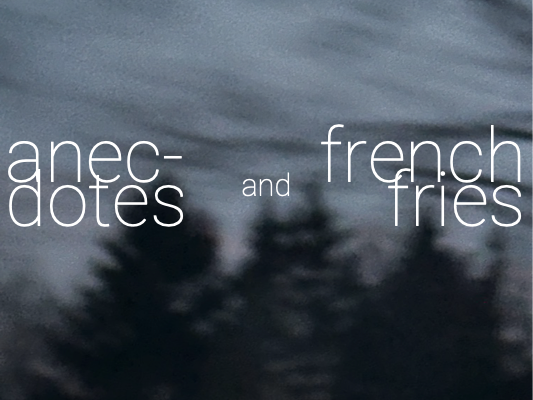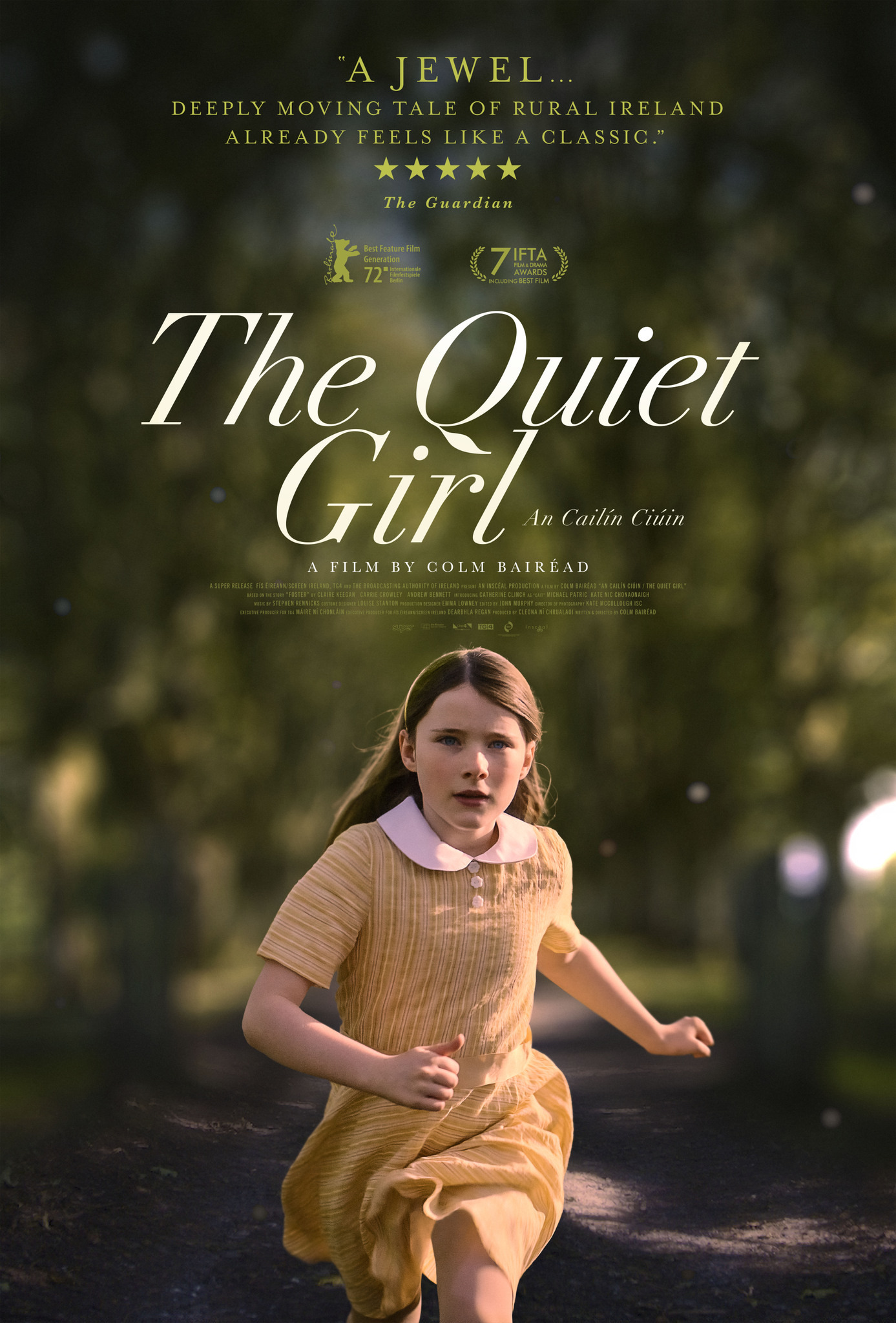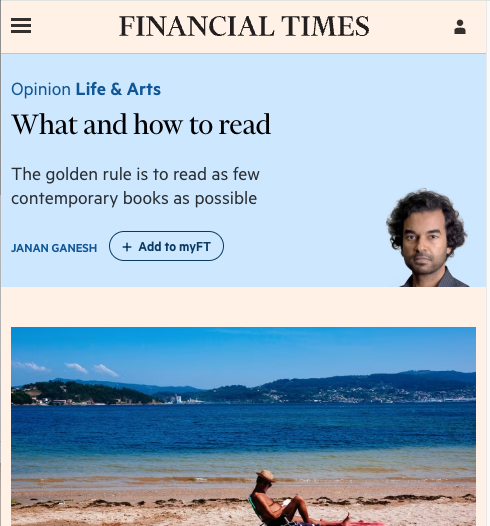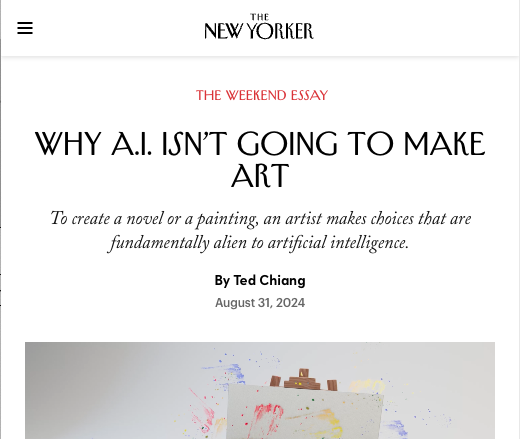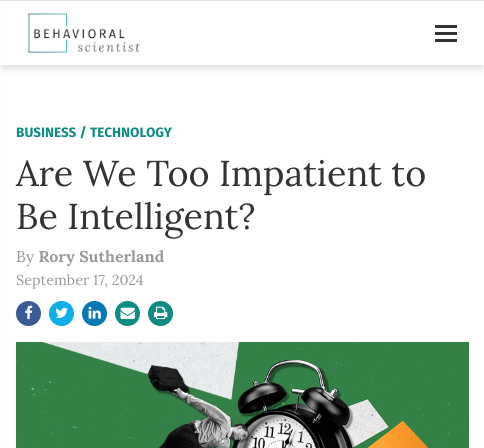Countering the data with anecdotes and french fries
This is the third one of these dumb posts. You can find the other ones at this link.
In the last post, I looked at my Goodreads data, made into cool chart form by some applied statistics tools that eventually made me furious (more on that later). The data provides some fun insights. If I were to only follow it, I’d do exactly what Ganesh says: read things over 50 years old, and also new, but very niche, nonfiction (not his advice, but you can pry those books from my cold dead hands). The filter of time allows the best stuff to survive, and we’re wasting time reading whatever’s on the bestsellers list.
But we don’t live in a world of data. Reading new stuff, even if I hate it, is useful. The most compelling reason? So that in 50 years, there will be books to look back at. The world doesn’t need a lecture from me about how book publishing is in crisis, but that is the case, and the only tools I have that can help are my wallet and this blog, so come find me at the (indie) bookstore.
The anecdotes:
Anecdote #1: hating books is good, actually. I looked at the books with the largest rating differential – books I couldn’t stand but were pretty well-rated on Goodreads. Here’s the top ten there:

Jack Carr takes the top two spots! My dislike for Jack Carr got me quoted in the Wall Street Journal! That’s the best story of 2023 for me, no question.
Noted plagiarist Johann Hari is there too! That book kickstarted my habit of reading about authors and researching nonfiction books after I’ve read them. It was a fantastic exercise in critical thinking.
The others? Mostly forgettable. But 30% of that list were one-star reads with five-star memories attached.
Anecdote #2: peer pressure is good, actually. Some books are worth reading just to be in the zeitgeist. I’m not going to pick up Colleen Hoover or Olivie Blake, but reading and disliking Demon Copperhead led me to find out what people loved about Kingsolver, and a couple of her books are now all-timers.
No One Is Talking About This and All Fours were books I spent a ton of time talking to people about. Meeting Paul Lynch was another highlight of 2023.
It’s fun to participate in pop culture.
Anecdote #3: empty calories are good, actually. Old books can be hard, and comfort food is good sometimes. I loved Buddenbrooks and Middlemarch, but my god there were times that I needed a break from them. There’s a place in life for Elmore Leonard and Dennis Lehane books.
Anecdote #4 internet points are good, actually. It can be fun to be ahead of the curve. I wrote a review for the McKinsey book, and it’s got a zillion likes on Goodreads, and a lot of people follow my reviews after reading that. Does that matter? No! Also: Yes! I like that people like it. It encourages me to write more and be more thoughtful. I don’t get the same boost from my reviews of Neil Postman books.
Lastly, I linked this in the Ganesh post, but here it is again: if you write in any capacity, then bad art can be good for you:
I guess the point is this: we know that eating leafy greens and lean protein is the smartest way to stay healthy. We’re all better people when every now and then we have french fries and a beer. It keeps us young.
Be selective about new books, look harder for old things to read. Buy old books used, and use that savings to buy new books.

